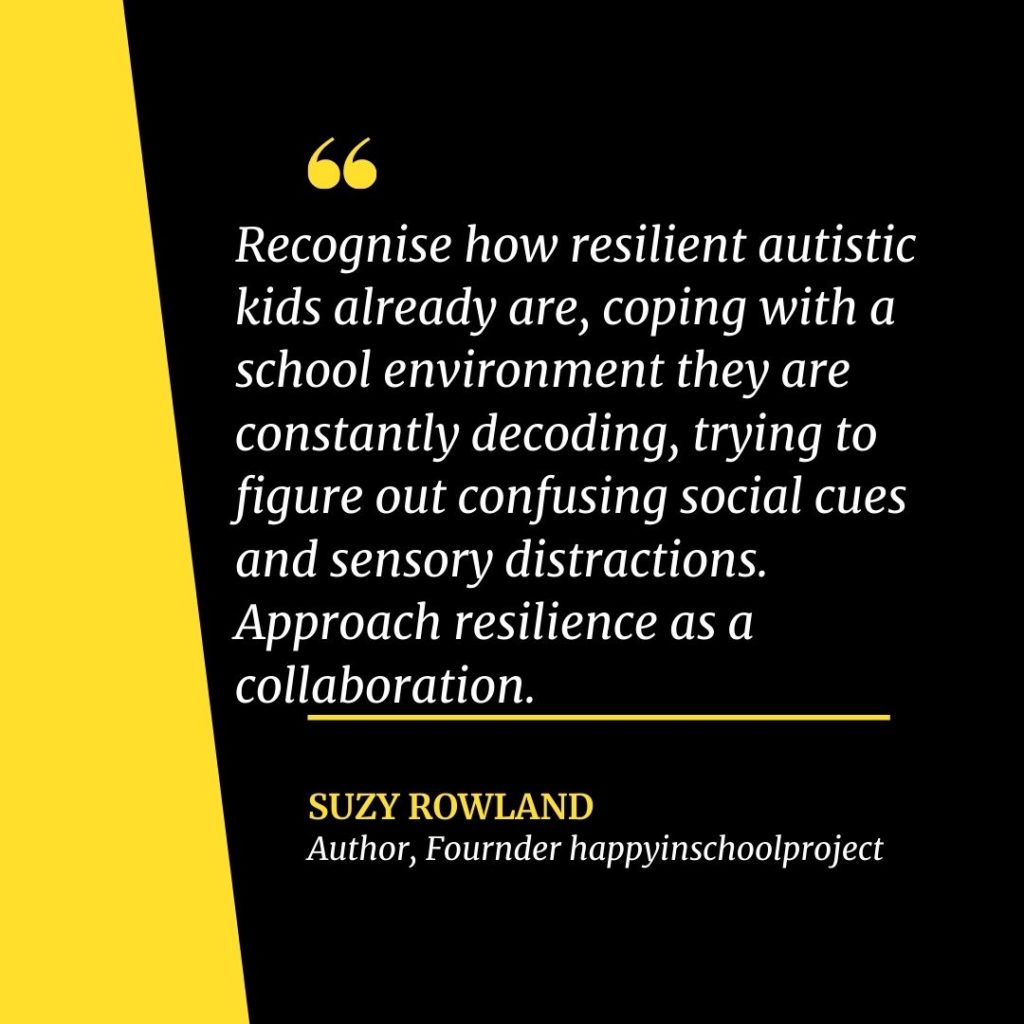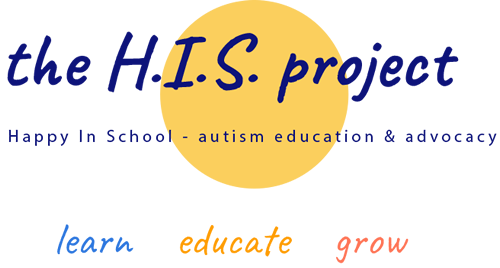The work isn’t quite done yet on my school avoidance book – we’re still working on the title and I will explain why that’s so important.
‘Avoidance’ or ‘school refusal’ sounds like the young person has dug their heels in, which based on my research and many in-depth conversations with teens and their families – that is not the case at all for the majority of those pupils I spoke to. The title of this book needs help to everyone, parents, pupils and professionals understand that school avoidance is not simply another term for truancy, difficult child behaviours or poor parenting. School avoidance due to oppositional or defiant behaviours is an externalising or outward-facing presentation of the child’s distress around some aspect of their school or home life. These children also need an opportunity to communicate their needs and be heard, before we can start to think about ‘fixing’ their school non-attendance.
For a sizeable majority not going to school is actually about anxiety, neurodivergence, bullying and mental health difficulties. As well as a raft of social challenges which children cannot be held responsible for. The challenges around children who are missing education (CME) are complex, not least because the reasons leading up to a period of school absence are unique to every child and their family circumstances.
What what we do know from a number of data sources is that children who are classed as S.E.N.D. (those with special educational needs or disabilities) are sharply vulnerable to the need to rebalance their mental and physical health through periods of time absent from school. My son was one of them, between the ages of 12 – 13. With the benefit of hindsight this isn’t surprising, as children at key transition stages are highly vulnerable to school withdrawal and being withdrawn (excluded) from school. When you combine, expected transition stress on top of hormonal changes and neurodivergence, you begin to understand the enormous strain that some of our young school goers are experiencing.
Whatever the reasons for a child not being at school, the impact is considerable and damaging, and includes mental ill health, and possibly other negative, social, academic and health outcomes. Thankfully this doesn’t necessarily mean a straight line trajectory to poverty and hardship. There are many opportunities and possibilities for all of us to listen and act during the painful out of school situation, to arrest the ill-effects of prolonged school absence.

I have put my thoughts into a new book, which is being published by Jessica Kingsley Publishers. Do send me a note with your email address, if you would like us to add your contacts to the happyinschoolproject database to receive early publication notifications and event news.
Some local authorities (LAs) refer to EBSA (emotionally based school avoidance/ABSA (anxious school avoidance), the government has created the Attendance Advisory Service – (until August 2022) as far as I understand, but this may change. The Children’s Commissioner has publisher her ‘Attendance Audit’ and pledged to “recognise the barriers to attendance that individual children face so we can build a system that will enable them to thrive.” I second that and in my own small way along with many other notables, Dr. Ruth Moyse, Catrina Lowri have started doing the work.
So please do look out for the “The School Non-Attender’s Workbook” hopefully published towards the end of 2022 (crossing everything!).
If you have a teen daughter who is anxious, unable to go to school, painfully shy, autistic or just unable to go to school, she might be interested in my Teen Girls’ Circle 6-week programme (dates and times in link).
Thank you for reading and let me know what your experience has been in this area.

© Suzy Rowalnd
